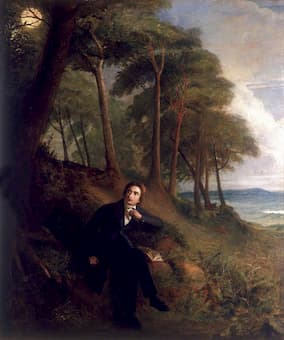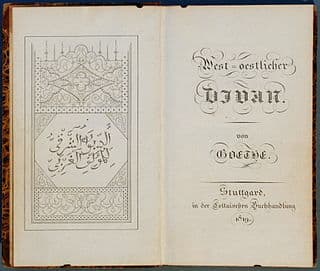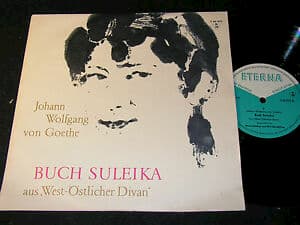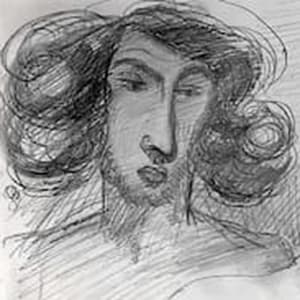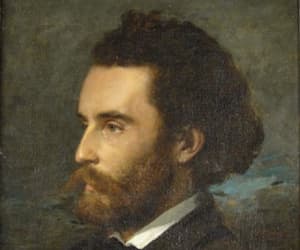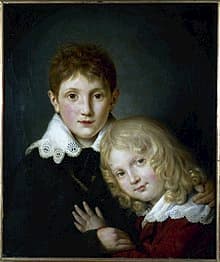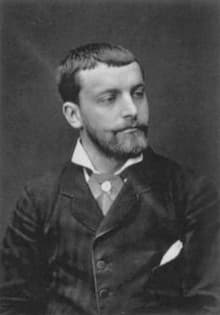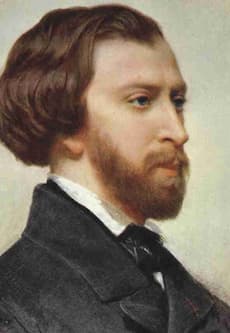In the woods in May 1819, a nightingale sings of summer and her notes fall on the ears of the poet John Keats. He uses the metaphor of the audible but invisible bird, singing to the open skies, as a
Poetry
The Suleika figure we find in Felix Mendelssohn’s settings is far less Oriental and feminine than the one found in his sisters reading. Some scholars have suggested that chromaticism is traditionally linked with Orientalism. “It is supposed to embody cultural
Throughout the 19th century, the Orient raised scholarly interest and provided subjects for lyric poetry, fantasies and novels. Embodying everything that was exotic, erotic, and decadent, the orientalising fetish as it has been called, was fueled by two important sources
When Giacomo Puccini (1858-1924) was commissioned to compose a new opera in 1884, his choice of story fell on Edgar, a tragedy inspired by La coupe et les lèvres by Alfred de Musset. The librettist Ferdinando Fontana took some liberties,
Alfred de Musset published his first collection of poems, Contes d’Espagne et d’Italie (Tales of Spain and Italy) in 1829. He strongly believed that the inspiration of the poet was intricately connected to personal emotions. Poetry was highly personal and
On the basis of his sentimental and declamatory verse, Alfred de Musset has not been well judged by mid-twentieth-century criticism. Yet, Musset is perhaps the first French poet since the Renaissance to make humor a vehicle for impulses essentially lyrical.
Arthur Rimbaud was highly critical of Alfred de Musset’s work. In his “Letters of a Seer” he wrote, “Musset did not accomplish anything because he closed his eyes before the visions.” Just exactly what visions Rimbaud had in mind we
The French dramatist, poet and novelist Alfred de Musset (1810-1857) is probably best known for his autobiographical novel La Confession d’un enfant du siècle (The Confession of a Child of the Century). It was inspired by his scandalous real-time affair

